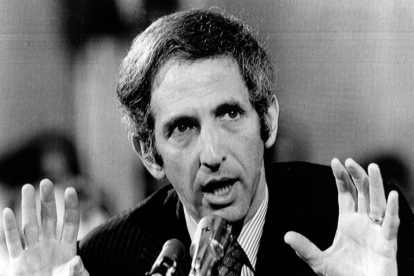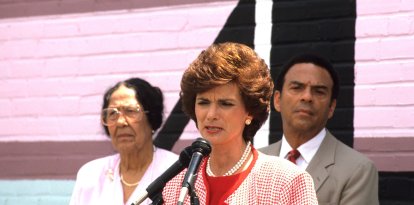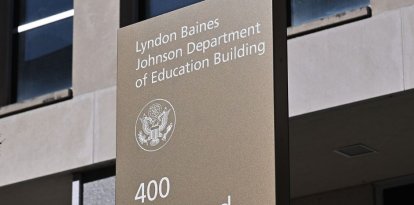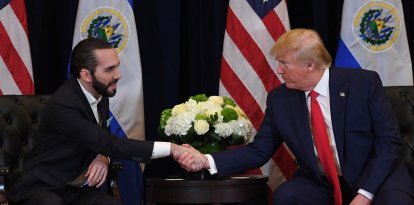Daniel Ellsberg, the military official who leaked the Pentagon Papers, has died
The former analyst died of pancreatic cancer at his home in Kensington at the age of 92.

Daniel Ellsberg / Cordon Press.
Daniel Ellsberg, the former military analyst who became known for carrying out one of the most significant leaks of secret documents in U.S. history, died Friday at the age of 92.
According to his family, Ellsberg died of pancreatic cancer at his home in Kensington, California, during the early morning hours. In March, the former government analyst announced that he had been diagnosed with the disease but had decided not to undergo chemotherapy and was estimated to have three to six months to live.
"He was not in pain, and was surrounded by loving family," said the statement from his family members, in which they added that Ellsberg even joked in his final days and said that, had he known that "dying would be like this, I would have done it sooner."
Leakage of the documents
Ellsberg became headline news in 1971 after leaking about 7,000 pages of secret Pentagon documents on U.S. political and military involvement in Vietnam, which revealed that from the beginning, the U.S. government knew it was unlikely to win the war, and yet they continued to send troops and increase the number of casualties.
The leak led to multiple consequences: one of them being the important debate it caused about freedom of speech, as the government tried to prevent the publication of the documents arguing that national security was at stake. Even so, The New York Times published the details and the government sued. However, the Supreme Court ruled in favor of freedom of the press.
Ellsberg also had to face trial for conspiracy, espionage and theft of government documents but ended up being acquitted after the federal judge cited government misconduct following the discovery that the Nixon Administration tapped telephone conversations and illegally raided the office of the former analyst's psychiatrist in an attempt to discredit him. This, in turn, ultimately weakened Nixon's presidency.
RECOMMENDATION





















